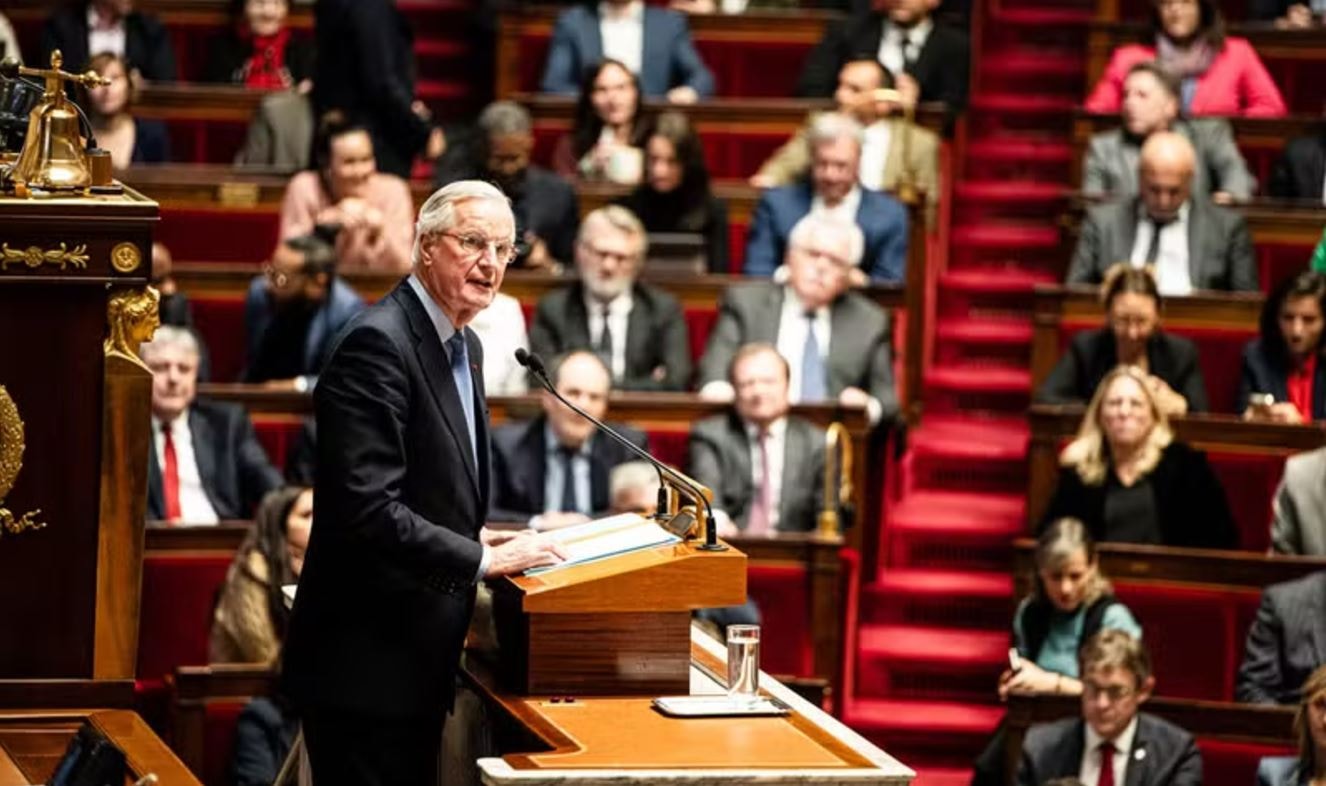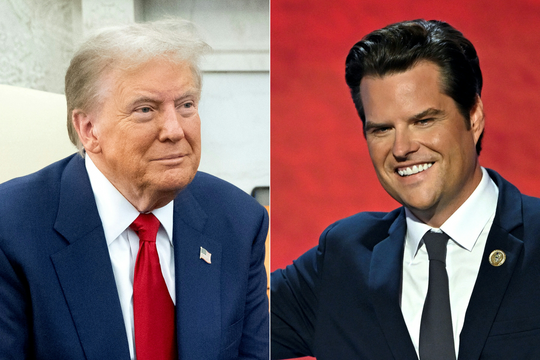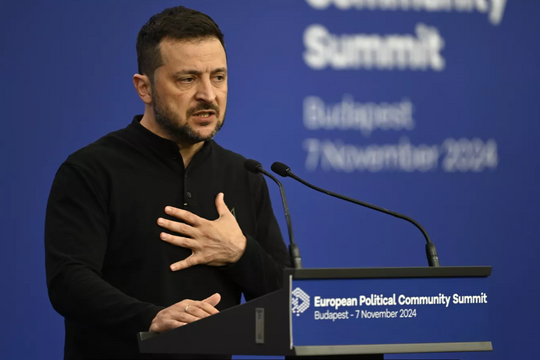French Prime Minister's ouster plunges country into chaos
Prime Minister Michel Barnier became the shortest-serving prime minister in French history.

French Prime Minister Michel Barnier has been forced to resign after just three months in office, after left-wing and right-wing lawmakers united in a vote of no confidence, plunging the country into deeper political turmoil.
The French National Assembly on December 4 held a no-confidence vote in the government of Prime Minister Michel Barnier, as proposed by the far-left. The far-right, led by Marine Le Pen, supported the motion, leading 331 out of 577 lawmakers to vote to dismiss the government. This was the far-right's way of seizing the opportunity to oust the veteran politician and famous negotiator, after Mr. Barnier's attempt to pass part of the government's annual budget on December 3.
Prime Minister Barnier's government is the first French government to be defeated in a vote of no confidence since 1962, and Mr Barnier will now become the shortest-serving prime minister in French history.
French President Emmanuel Macron's office said Prime Minister Barnier will submit his resignation today (December 5). Mr. Barnier is expected to arrive at the Elysee Palace at 10:00 (15:00 Hanoi time) to carry out the constitutional procedure after the no-confidence votes. According to the Elysee Palace, President Macron will address the nation at 20:00.
The situation became difficult and immediately became a major obstacle for Prime Minister Barnier on December 3, when he was forced to use the constitutional mechanism to skip the vote in the legislature on the 2025 budget.
That allowed rival lawmakers on the left, who have long wanted to oust him, to call for a confidence vote in response. And the far right has called for a similar move.
During a debate in parliament on December 4, Prime Minister Barnier defended his stance, saying he was "not afraid", but warned that removing him would make "everything more difficult".
Marine Le Pen, leader of the far-right National Rally party, said during the debate that Barnier's "obstinate adherence to dogma and doctrine prevented him from making even the smallest concessions that could have avoided this outcome".






